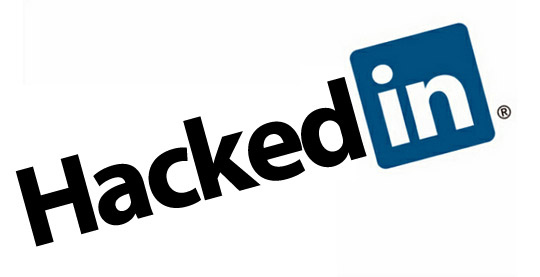LinkedIn sued for hacking into members external e-mail accounts
Posted by: Jon Ben-Mayor on 09/22/2013 06:43 AM
[
 Comments
]
Comments
]
Members of LinkedIn have sued the company over an alleged hacking scheme that saw external email accounts breached for the purpose of marketing to non-members.
“LinkedIn’s own website contains hundreds of complaints regarding this practice,” they said in the complaint filed Sept. 17, which also seeks unspecified damages.

LinkedIn claims to have the largest online professional network with more than 238 million members, including executives from every Fortune 500 company. Chief Executive Officer Jeff Weiner is quoted in the complaint as saying on a second-quarter earnings call, “This strong membership growth is due in large part to new growth optimization efforts.”
The customers blamed the use of their contacts on LinkedIn’s strategy, which they quoted from a regulatory filing, to “pursue initiatives that promote the viral growth of our member base,” according to the complaint.
In an e-mail to Bloomberg yesterday, Deborah Lagutaris, whose LinkedIn profile describes her as a tax preparer, real estate broker and former law clerk, said LinkedIn contacted more than 3,000 people in her name, including those copied in on her e-mail messages.
“This means that not only direct e-mail contacts but peripherals as well,” were used, she said. “I contacted LinkedIn and they said, ‘Oh, you can remove all those invitations from your account manually. We don’t know what happened.’”
Instead, she said she added a disclaimer to her LinkedIn page saying she hadn’t sent the invitations.
Jeffrey Barr of Livingston, New Jersey, said in an e-mail that he estimated LinkedIn used as many as 200 names and e-mail addresses of his contacts, inviting them to connect with him on the site.
According the complaint, it was part of LinkedIn’s growth initiative also to send multiple e-mails endorsing its products, services, and brand to potential new users, following up with additional messages to people who didn’t sign on.
The existing users have no way to stop the process, the plaintiffs said.
“These ‘endorsement e-mails’ are sent to e-mail addresses taken from LinkedIn users’ external e-mail accounts including the addresses of spouses, clients, opposing counsel, etc.,” according to the complaint.
The actions were taken even though LinkedIn assures its users when they log in, “We will not e-mail anyone without your permission,” the plaintiffs said.
“LinkedIn’s appropriation of e-mail addresses to send multiple reminder e-mails promoting its service is motivated by monetary gain,” they said.
“LinkedIn’s own website contains hundreds of complaints regarding this practice,” they said in the complaint filed Sept. 17, which also seeks unspecified damages.

LinkedIn claims to have the largest online professional network with more than 238 million members, including executives from every Fortune 500 company. Chief Executive Officer Jeff Weiner is quoted in the complaint as saying on a second-quarter earnings call, “This strong membership growth is due in large part to new growth optimization efforts.”
The customers blamed the use of their contacts on LinkedIn’s strategy, which they quoted from a regulatory filing, to “pursue initiatives that promote the viral growth of our member base,” according to the complaint.
In an e-mail to Bloomberg yesterday, Deborah Lagutaris, whose LinkedIn profile describes her as a tax preparer, real estate broker and former law clerk, said LinkedIn contacted more than 3,000 people in her name, including those copied in on her e-mail messages.
“This means that not only direct e-mail contacts but peripherals as well,” were used, she said. “I contacted LinkedIn and they said, ‘Oh, you can remove all those invitations from your account manually. We don’t know what happened.’”
Instead, she said she added a disclaimer to her LinkedIn page saying she hadn’t sent the invitations.
Jeffrey Barr of Livingston, New Jersey, said in an e-mail that he estimated LinkedIn used as many as 200 names and e-mail addresses of his contacts, inviting them to connect with him on the site.
According the complaint, it was part of LinkedIn’s growth initiative also to send multiple e-mails endorsing its products, services, and brand to potential new users, following up with additional messages to people who didn’t sign on.
The existing users have no way to stop the process, the plaintiffs said.
“These ‘endorsement e-mails’ are sent to e-mail addresses taken from LinkedIn users’ external e-mail accounts including the addresses of spouses, clients, opposing counsel, etc.,” according to the complaint.
The actions were taken even though LinkedIn assures its users when they log in, “We will not e-mail anyone without your permission,” the plaintiffs said.
“LinkedIn’s appropriation of e-mail addresses to send multiple reminder e-mails promoting its service is motivated by monetary gain,” they said.
Comments






